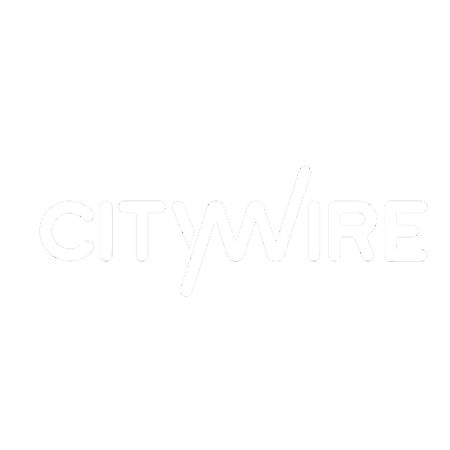Eureka came to the UnSchool during our last Fellowship in beautiful Borneo, in the city of Kuching. A creative change-maker based in India, Eureka focuses on ecological design for regenerative communities. We caught up with her to hear more about the very inspiring work that she’s up to!
Can you give us an introduction to yourself and your work?
A few years ago, when I allowed myself time to disconnect from a conventional Architect’s career goals, I found myself gravitating toward socially responsible architecture and regenerative land practices. Since 2016 I’ve been part of Project Potential, a grassroot non-profit in Bihar, India. Here we believe in investing in rural India’s human capacity and encouraging informed solutions to emerge from within. Our role as a scaffolding is to support with knowledge, skills, attitudes, networks, and resources, and toward that goal, we are creating a space in brick and mortar to explore sustainable and regenerative living practices and be involved in creative and transformational experiences, free from judgment.
This space is called eArthshala - ‘shala’ in Hindi means a house and eArthshala is thus, incrementally evolving into a physical experience of our core principle ‘eArth’. Hidden in it are three elements we believe as critical to a nurturing society: the English ‘earth’, and the Hindi ‘arth’ (अर्थ), suggesting both, economy and meaning. In other words, it is a philosophy that seeks a regenerative earth, economy, and existence (way of life). My key contribution here is in envisionsing, bringing in collaborative partners, facilitating local construction upskilling and setting up day-to-day systems and processes to actualise that vision.
No hour is the wrong hour to engage me in action and conversations on waste management solutions (albeit while understanding that recycling also perpetuates waste) and sanitation — no matter how graphic the details or messy the situation!
What motivates you to do the work that you do?
My key motivating factors would be: intrinsic on-ground learnings, social relevance, and our team.
Having jumped into a project that requires us to scan all that’s around us locally and out there in the world, strip every jargon and distill information and ideas that we can prioritize and implement on the ground, means it’s an everyday LEARNING BONANZA. One day I’m looking into organizational systems, and another I’m looking into behaviour design tweaks to our waste segregation systems. One day it’s fine-tuning architectural design to suit climatic conditions, and another day is about making hands-on sundried adobe bricks.
While my focus is on campus making (with an onsite skill-training aspect), the larger organization works across the development domain of youth leadership, community awareness, healthcare and humanitarian aid. Together we are working on an “ecosystem approach” toward development action in Bihar, where we foster effective collaboration between government, civil society and private entities.
In all this, the key factor that glues all the other factors together is a team culture of inclusivity, and the intentional space for each of us to evolve and nurture individual and collective potential. Each of us are here because we’ve, in some form or another, taken the agency to bring about change in our “sphere of influence” — and that’s infectious.
How did you find out about the UnSchool, and what motivated you to come?
It’s possible that I started to follow Leyla’s work and UnSchool subsequent to stumbling across her TED talk, “Paper beats plastic? How to rethink environmental folklore”. In 2015, the talk played a key role in shaping my personal convictions toward sustainability and in questioning the sustainability myths I believe in.
I’ve been following the UnSchool since then, but it wasn’t until last year that I felt ready for the Fellowship experience. Last year, three years after we began working and building eArthshala from scratch, at one point I began to feel that some of the systems and processes we set out were beginning to generate results! I also felt that in a way, I had implemented a major part of my skills and knowledge, and was ready to soak in new mental models and tools and bring them back to our actions on ground. The UnSchool program sounded like the right booster shot I needed to learn sustainability design tools, with the oh-so-tempting benefit that it would be a much deserved “mental spa” at Borneo with others from our global tribe!
The Kuching Fellowship group
What was your experience at the UnSchool like?
While each day was power-packed with unexpected and memorable experiences, from the Zero Waste Shopping challenge and gorgeous communal meal prep, to the exhausting 24-hour design challenge, the day we traveled to the Matang Wildlife Reserve and the subsequent events to follow probably best describes the power of the UnSchool Experience.
The visit to the reserve was unexpected for all involved, including the facilitators -- somehow none of us expected to walk into a rehabilitation center in the rainforest and be greeted by majestic orangutans, gibbons and sun bears in caged enclosures. Unfortunately, they were safer here because the alternative was to be fighting for survival against poachers and conflicts with other orangutans -- who knew that the home range of a male orangutan in the forest is around 2500 hectares (that’s just two male orangutans in the whole city of Manhattan)!
While we understood that they were also being taken care of by an extremely dedicated and informed team, it was hard to not very quickly feel emotionally drained. Seeing our energies by the end of the trail, the facilitators decided to not opt for the trek but instead chose some down-time by the stream.
As we laid back in the deep green water, feeling consumed by the busy surround sound of the forest and shreaky calls of the gibbon, I felt as though there was another deafening sound in my head -- perhaps that of cognitive dissonance in full action. Here I lay in this pristine waters under these dense foliage, exercising a freedom that should actually be for Peter and other orangutans --- but here I am, and there they are in their enclosures with their caretakers. The swim was many things at once: a bonding session between the fellows, a much-needed alone time for those who craved it, and an intense, intimate moment with planet Earth.
It was followed up with a delicious falafel picnic (prepared by the facilitators) -- imagine frying 200 (I assume) falafel first thing in the morning in a less-than-equipped service apartment. Then a no-holds-barred hour of Q&A with our guide Dominic and X-map reflection, each of which episodes deserve their own contemplative essays!
In any other experience, we would have probably called it a day. But not here! Back in the moving bus we played RIMBA, a truly fun card game designed by Nisha and Lymun (our super hosts) that encouraged us to learn about or at least come to recognise the unique Borneo forest animals. I was sitting at the front end of the bus, so I had the front row seat (literally) to witness how Leyla “reads the room” -- suddenly, she had an idea, followed by whispering-whisperings between the hosts and lots of excitement for the brewing secret. A long bus ride later (to literary on the other side of Kuching) and just past sunset, we arrived at Kampung Panchor Hot Spring!
Our time in the hot spring, enjoying this natural bounty at the end of such an emotionally-gutting day, was one of my most visceral moments of feeling a sense of gratitude toward our Earth.
Once again, in any other experience, we would have probably called it a day. But not here! The hour-long bus ride to our dinner involved our gamification session! So here we were, after all that the day had to offer, including 4 hours of bus rides, enthusiastically drafting out our game... in the case of our group: an app-based game for elderly people addressing a social cause!
Gosh, I’m having a tough time not extending this answer to a 3-page blog post. So, to sum up, the Fellowship experience gets a lot of things right -- how to press EVERY emotional and mental button in a short and intense span of time and still leave us wanting more is uniquely UnSchool!
What was the main take away you had from coming to the UnSchool?
The sheer breadth of experiences was inspiring! The careful mentor selection, starting with Jacky’s humorous take on our city’s history contrasted with the quieter tone of Pangrok Sulap punk rock and wood carving artworks; Carolyn’s zero waste initiatives to Welyn’s insights on indigenous knowledge systems and fair trade; Chris Perry’s journey from a fashion professional to edible park designer to Steve’s provocative questions to change the way we see the world and the language we use to express ourselves. Then to tie it all together, the primary venue Borneo Lab in itself was bursting with creative out-of-the-box expression and not to mention EVERY meal with their unique twists.
The underlying trend in all of it... that no matter what field we choose to specialize or contribute toward, we can ALWAYS use it as a tool towards social and environmental justice. This would be my main takeaway.
Tell us more about your initiative(s), and how is it all going?
In the design and construction of eArthshala, there are some key choices we’ve made to minimise our carbon footprint and maximise our positive impact. For example, passive solar design with our climate and weather patterns in mind ensures we’ll have rooms that are naturally lit and ventilated. The use of primary building materials that are renewable such as earthen walls and bamboo for roofing members means that we’ve been able to minimise the use of high-embodied energy construction material like fired bricks, steel and concrete. Other elements of regenerative landscape and sustainable sanitation systems are also being worked out -- all this while prioritizing the skilling of local artisan in building services and construction techniques.
Our work flow took a hit due to the lockdowns imposed at the start of the pandemic, but now that the government is no longer imposing blanket lockdowns, we have been able to bring back our work traction. Certainly the threat of Covid-19 looms, but if all things pan out as per current plans, our first building, the Training Hall should be all set to host you(!) in 2022 --- just in time for what we call hope would be the post-pandemic life!
Other than that, I’m personally dabbling in a few other interests like land-regenerative practices and sustainability education.
How did the UnSchool help you start/evolve it?
The entire journey of UnSchool right from the crowdfunding campaign to the actual experience at Kuching has brought about a new level of confidence in me, that perhaps came about as I began to more formally present my ideas publicly. To add to that, the Fellowship experience in itself is a great example of the power of the tools of systems thinking, sustainability and disruptive design.
My UnSchool cohort has been especially helpful when I needed to think through (or even calculate) some aspects of my ideation. I suppose a shout out here to some of their works would be apt! Hani’s (@wastelesskch) advocacy and sharing of her triumphs and struggles with zero waste journey is especially inspiring for its brutal honesty and articulation. Lymun and Nisha (@ecocentrictransitions) hosted our Fellowship and were instrumental in getting ALL the minute details together that made it so memorable! Raghu (@govindjr.raghu) is a serial social entrepreneur and will intrigue you with the great lengths that he can go to in following his curiosity.
As my ideas for my current and upcoming initiatives take shape, our Alumni network, tools and mental models from the UnSchool will continue to play a key role in guiding my process of research, inquiry, reflection and solutions.
How have you amplified this change you do in the world?
Shortly after the Fellowship I'd gotten the opportunity to a TEDx Youth Talk titled “Self Expression for Community Transformation'', where I shared my personal journey, doubts and our vision for eArthshala and Bihar.
On the other hand, however, the struggle to motivate immediate family and friends to compost is still very real!
How can people engage with, support, or follow your work?
Happy to make time for those that reach out. You can follow my work at:
Instagram_ Project Potential -- if interested in our social activities
Instagram_ Personal -- if interested in following my personal journey
Wordpress -- for my blog and work portfolio
Hope to cross paths with you soon!
